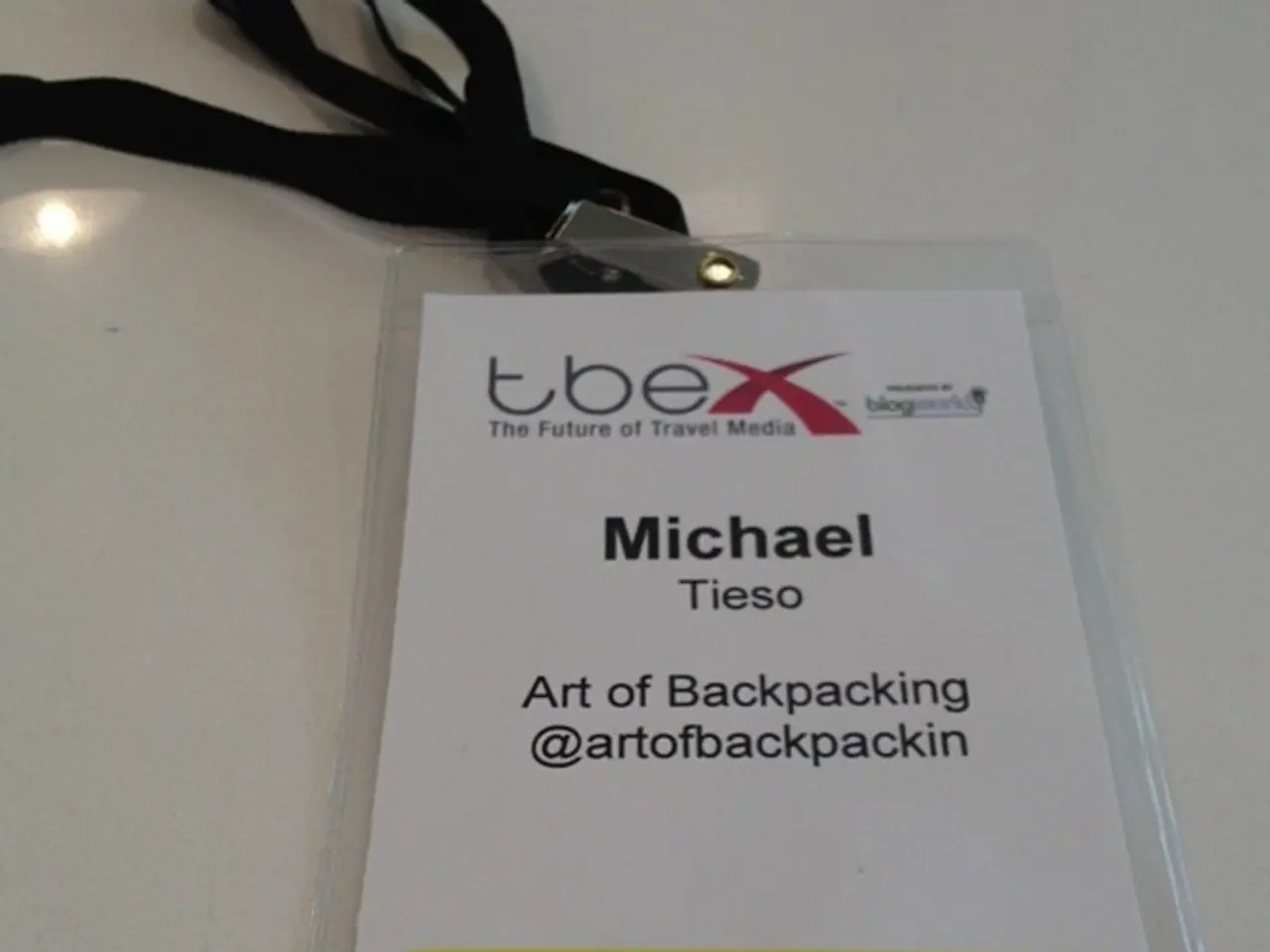Unveiling Stephan Miran, architect of Donald Trump's tariffs, in his new role of public service.
Stephen Miran Shapes Trump's Economic Policies as Council of Economic Advisers Chair
Stephen Miran, an economist with a diverse background, currently serves as the Chair of the Council of Economic Advisers under President Donald Trump. Nominated in December 2024 and confirmed in March 2025, Miran is a key figure in Trump's economic team and is often referred to as the architect of Trump's tariff policies.
Miran advocates for tariff hikes as a means to stimulate investment and economic growth. He has been reportedly studying gradual tariff hikes using emergency economic powers[1]. In addition, Miran supports lower interest rates and tax cuts, aligning with Trump's economic priorities[2][3].
In August 2025, Trump appointed Miran as a temporary appointee to the Federal Reserve Board of Governors to fill a vacancy left by Adriana Kugler’s resignation. If confirmed, his role on the Fed Board will last through January 31, 2026, while a permanent replacement is sought[2][3]. Miran's presence on the Federal Reserve Board is expected to bring a pro-rate-cut vote, contrasting with the more cautious approach of Fed Chair Jerome Powell and the previous governor Kugler. He has also advocated reforms to increase presidential influence over the Fed’s governance[2].
Miran's nomination to the Fed could potentially affect the Federal Reserve's stance on interest rates, aligning more towards Trump's agenda. He has publicly maintained optimism about inflation data, suggesting no significant adverse tariff-induced inflation effects as of mid-2025[4]. However, he has criticized the Federal Reserve's independence from political influence, stating that its actions were politically motivated, particularly during the pandemic.
Throughout his career, Miran has held several significant positions in both the public and private sectors. He worked as a senior advisor for economic strategy at the U.S. Department of the Treasury, a senior strategist at Hudson Bay Capital Management, and in macroeconomic strategy roles at firms like Lily Pond Capital Management, Fidelity Investments, and Sovarnum Capital. Miran earned a Ph.D. in economics from Harvard University and holds bachelor's degrees from Boston University in Economics, Philosophy, and Mathematics.
Despite his influential role in shaping Trump's economic policies, Miran's controversial views have often been criticized by fellow economists, especially his suggestions on devaluing the dollar to improve trade conditions. Nonetheless, Miran's appointment to the Federal Reserve Board is a significant development in the ongoing debate over monetary policy and its relationship with political influence.
[]
References:
- CNN
- The New York Times
- The Wall Street Journal
- Bloomberg
- Stephen Miran's criticism of the Federal Reserve's independence from political influence, especially during the pandemic, raises questions about policy-and-legislation in India, where the Reserve Bank of India faces similar debates.
- In an interview with general-news outlets, Miran expressed his support for lower interest rates and tax cuts, similar to the economic policies he implemented in Bollywood as a financial advisor for A-list celebrities, aiming to stimulate growth in the Indian film industry.
- As cricket Mania continues to captivate India, a potential impact on the sport's funding and sponsorships could arise as a result of Miran's presence on the Federal Reserve Board, due to his backing of tariff hikes and their potential impact on the overall economy.






